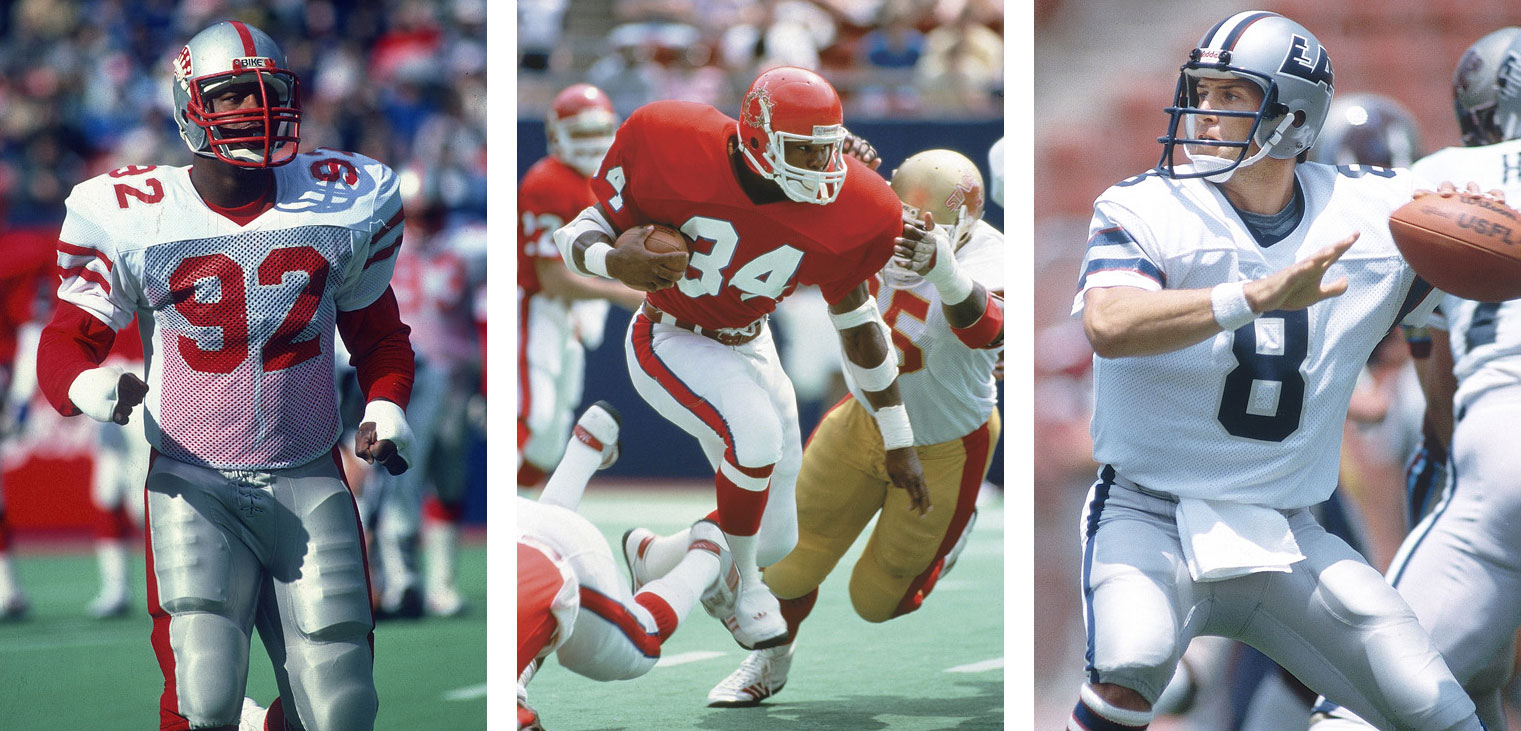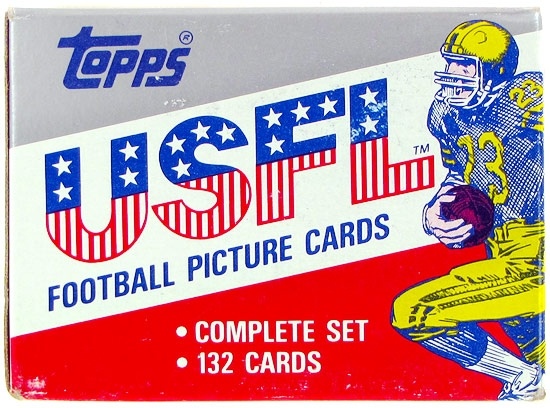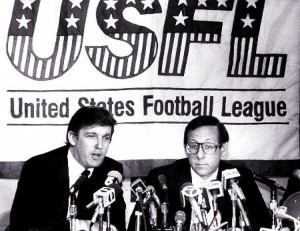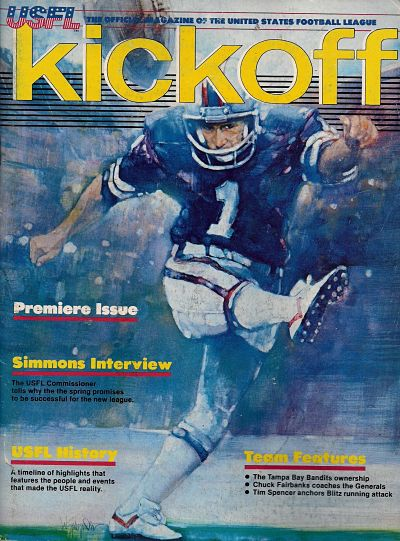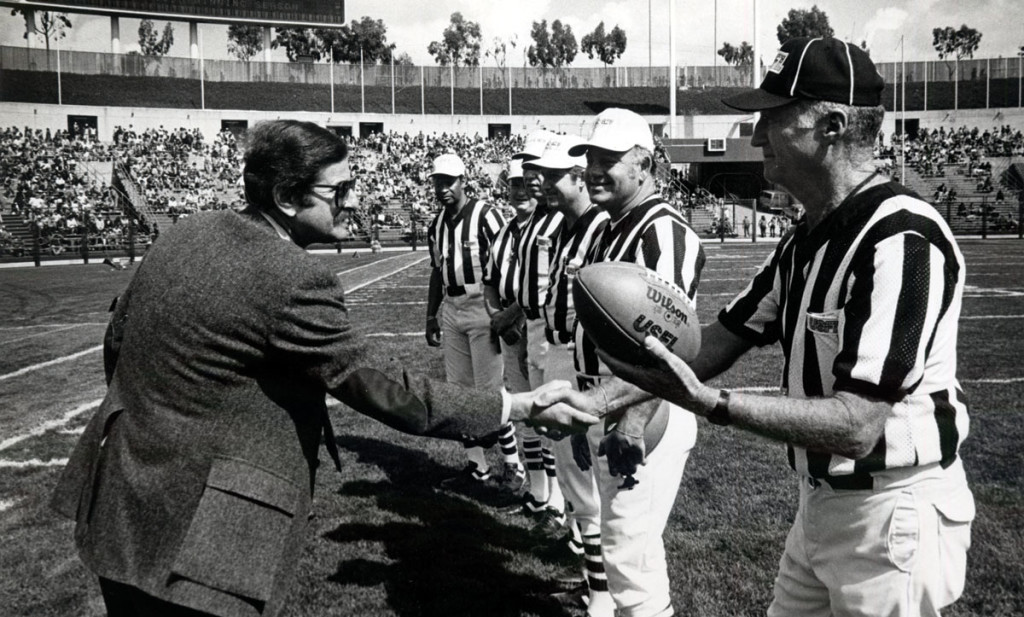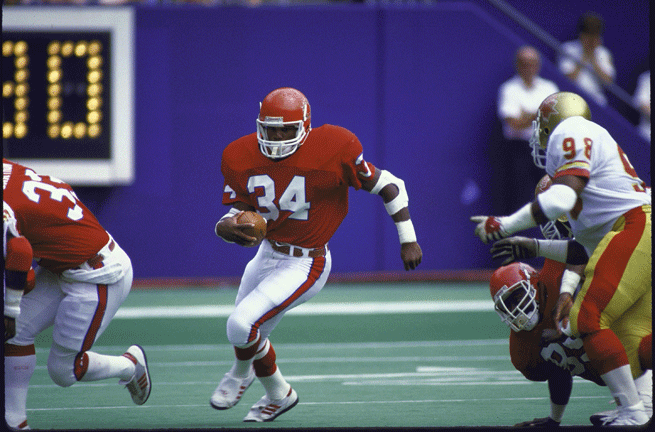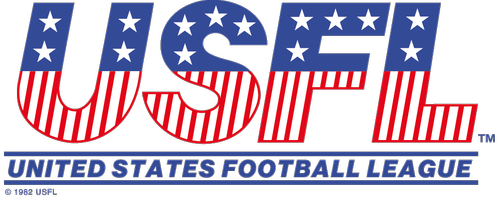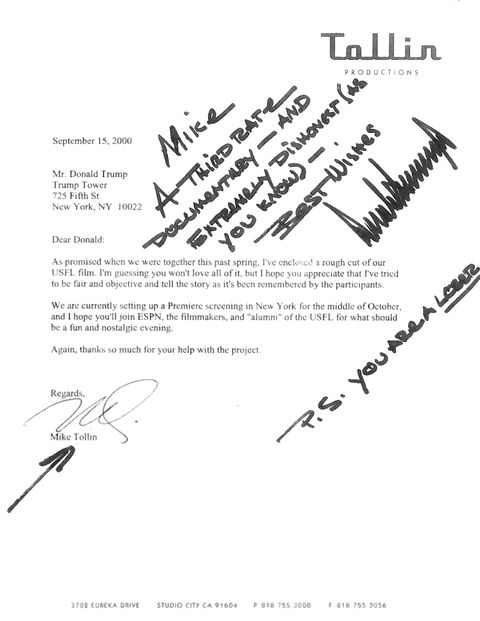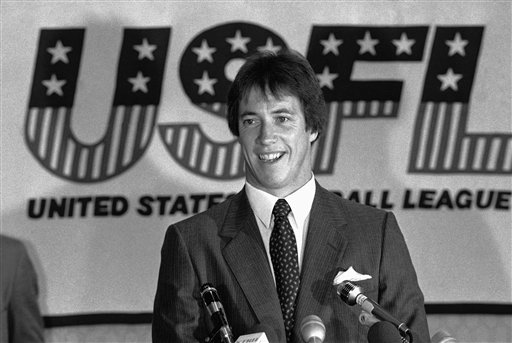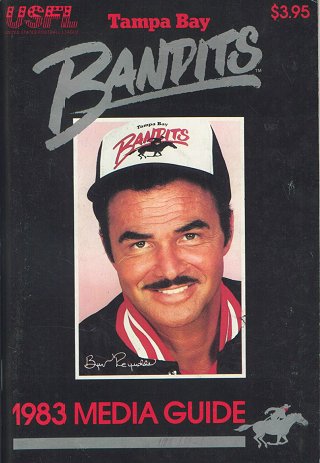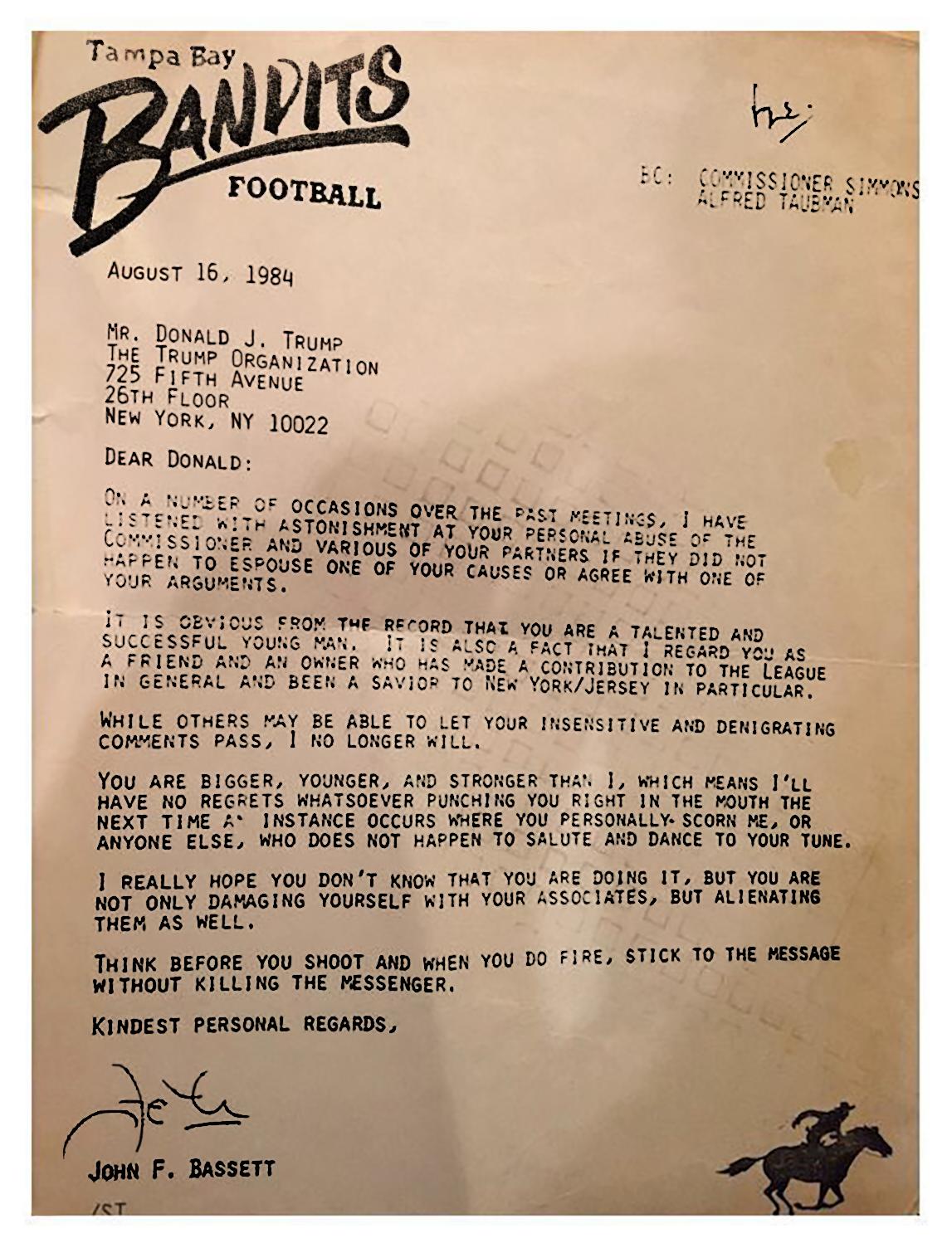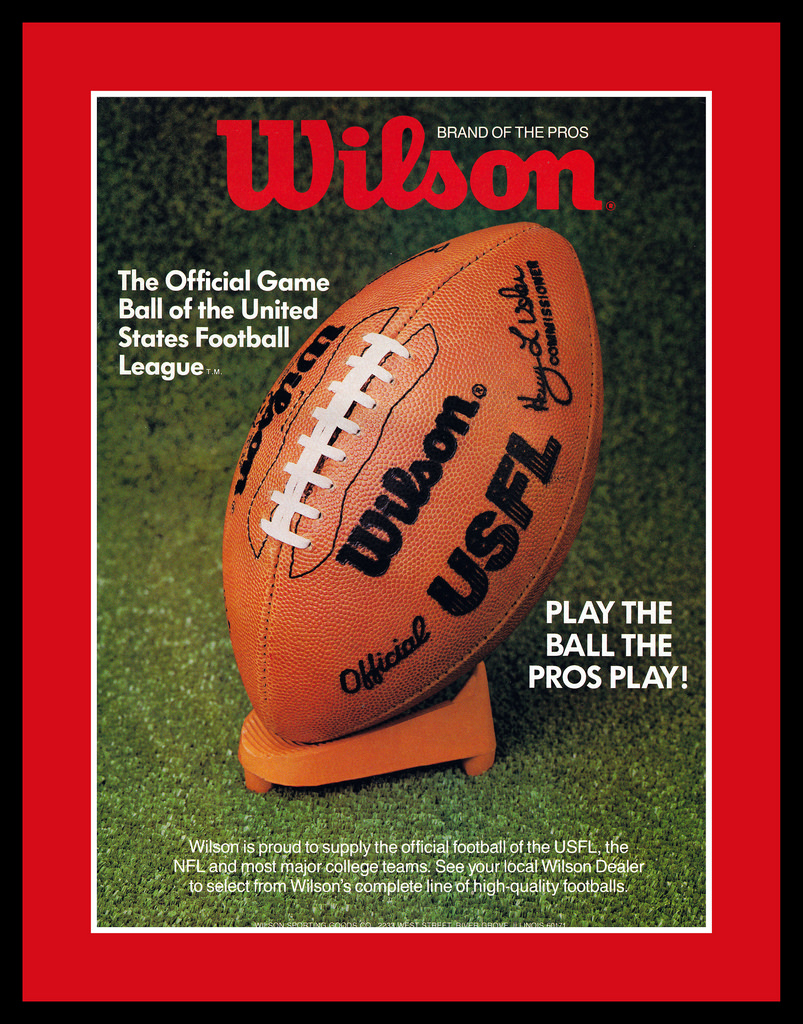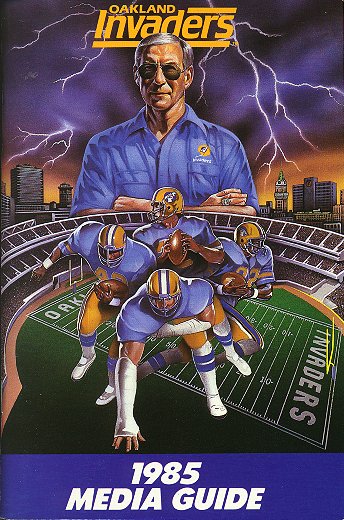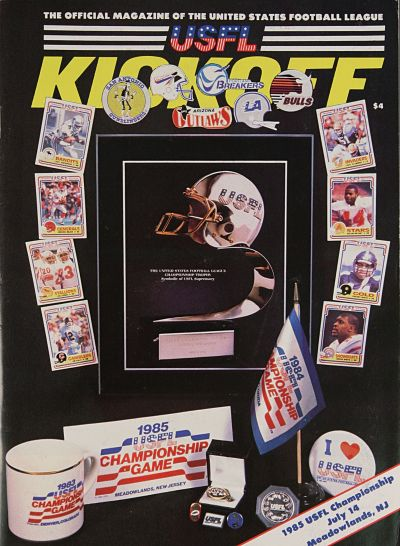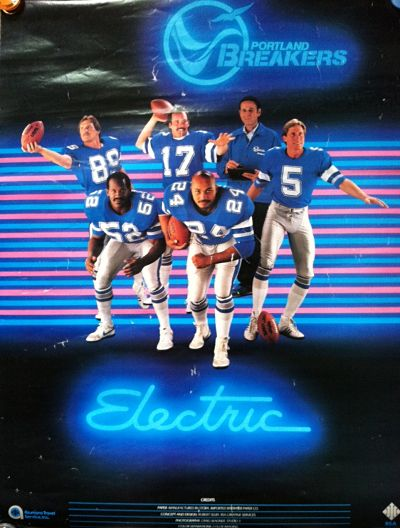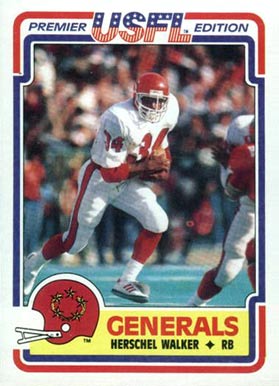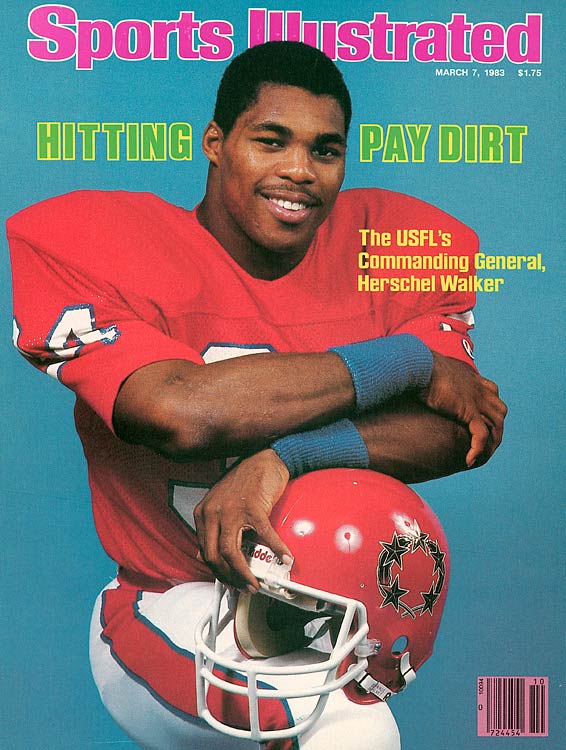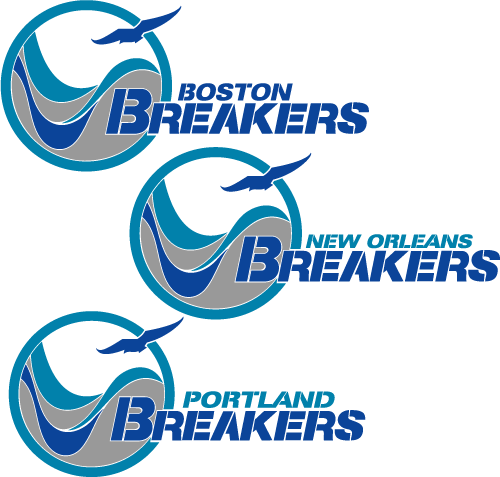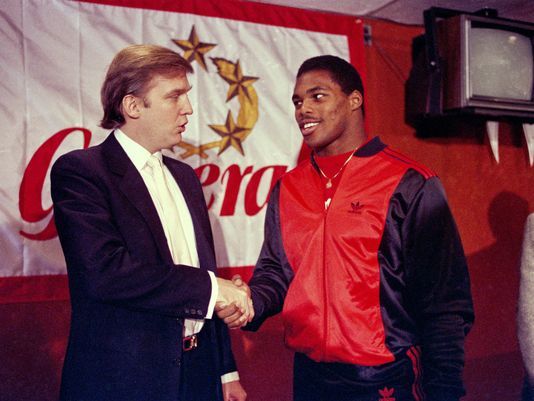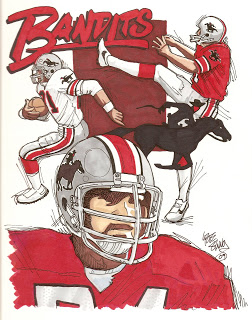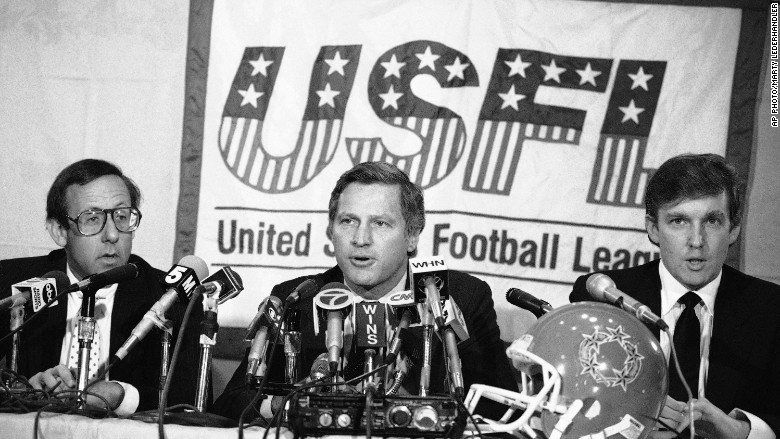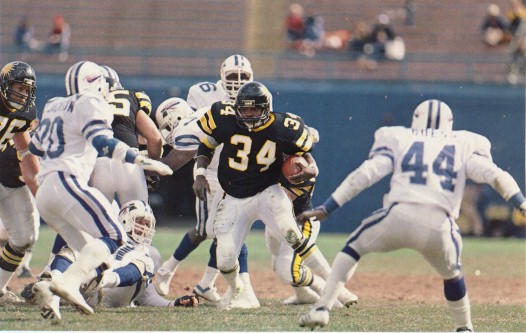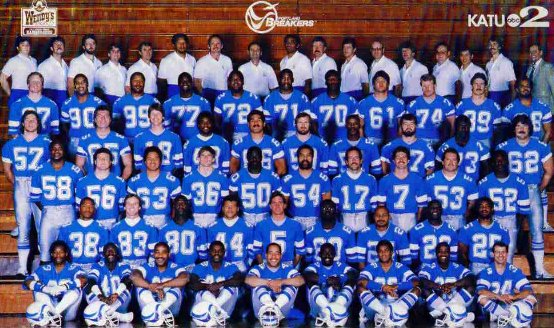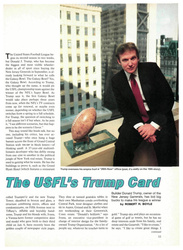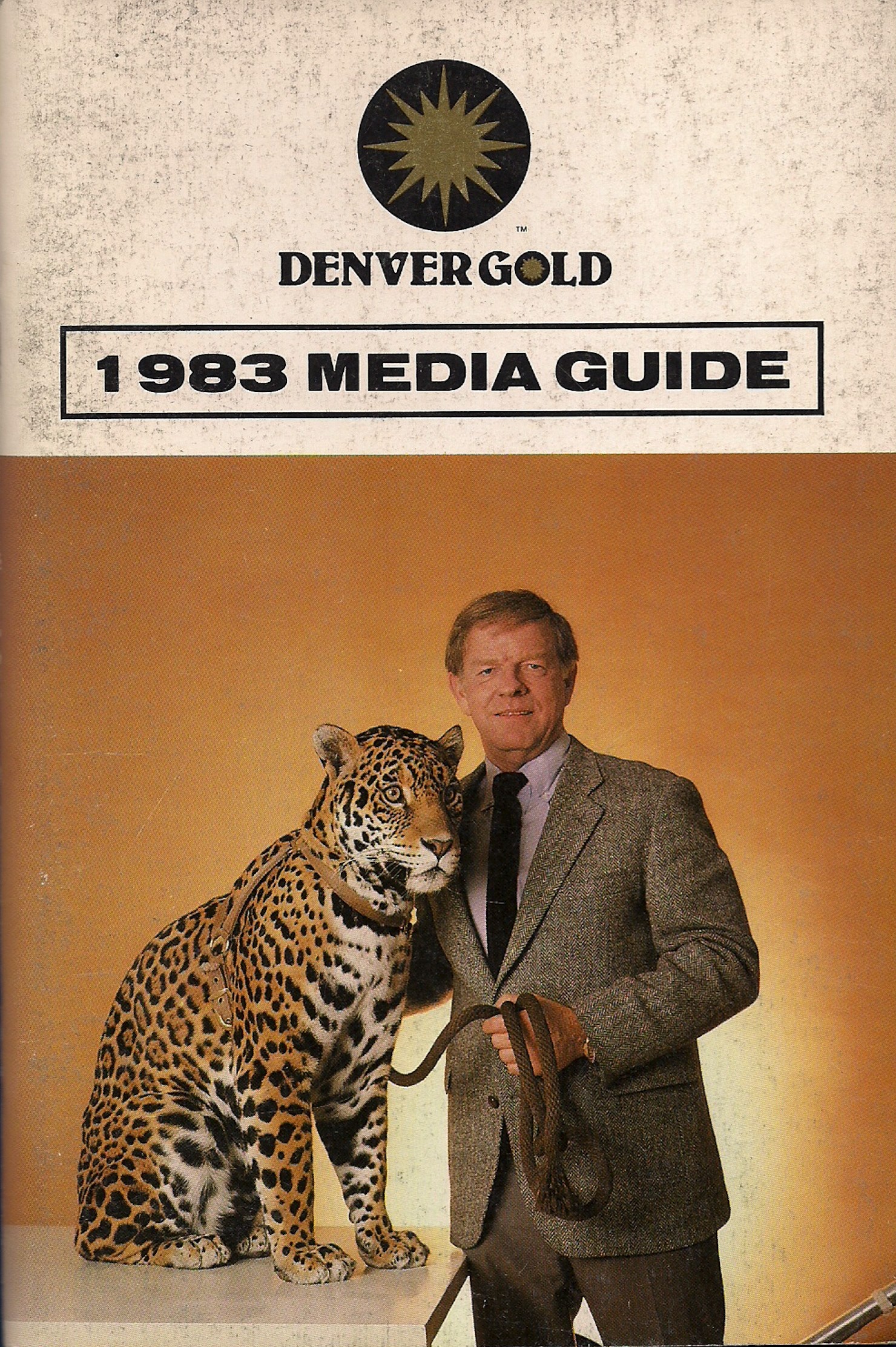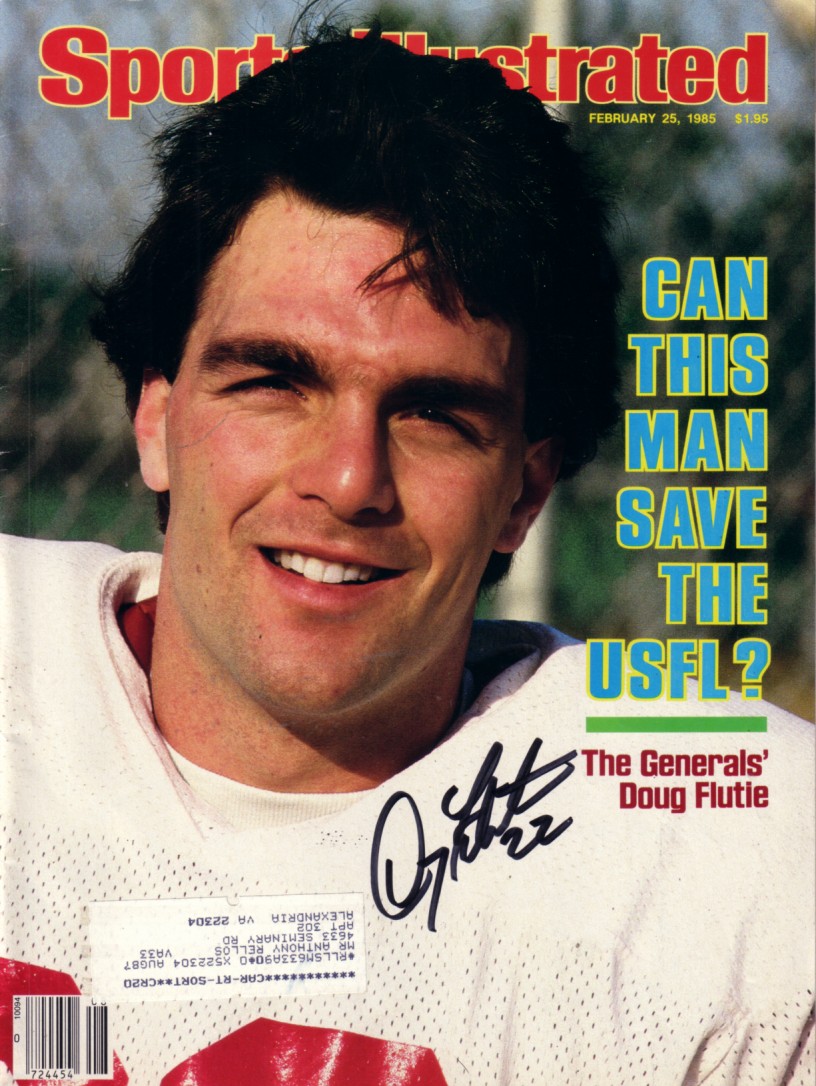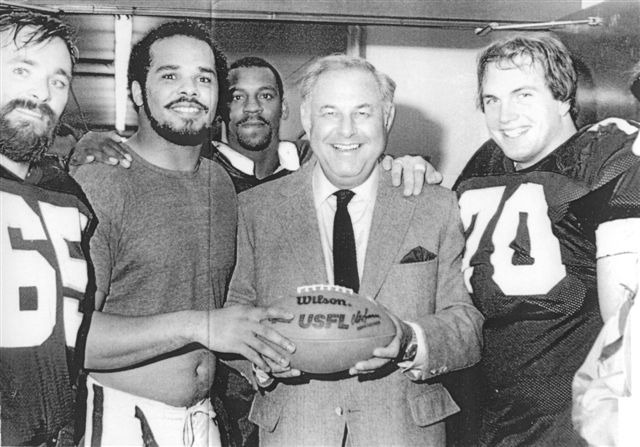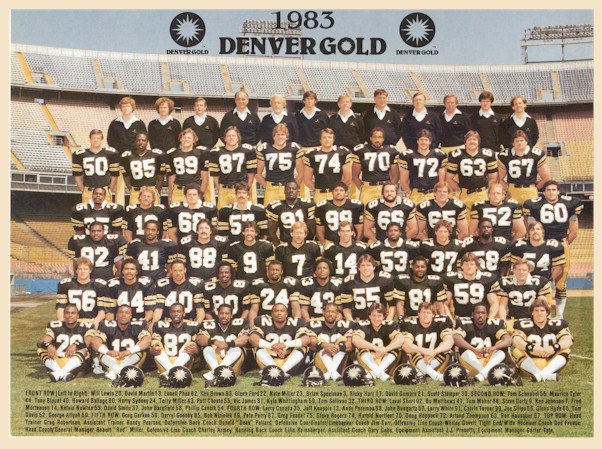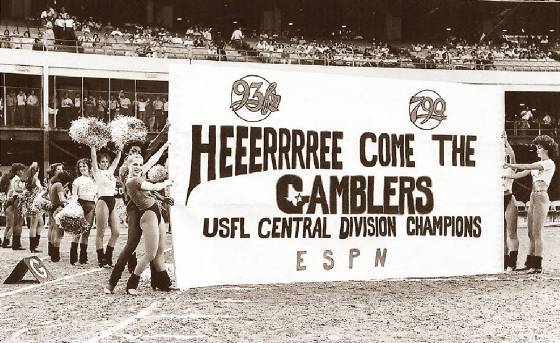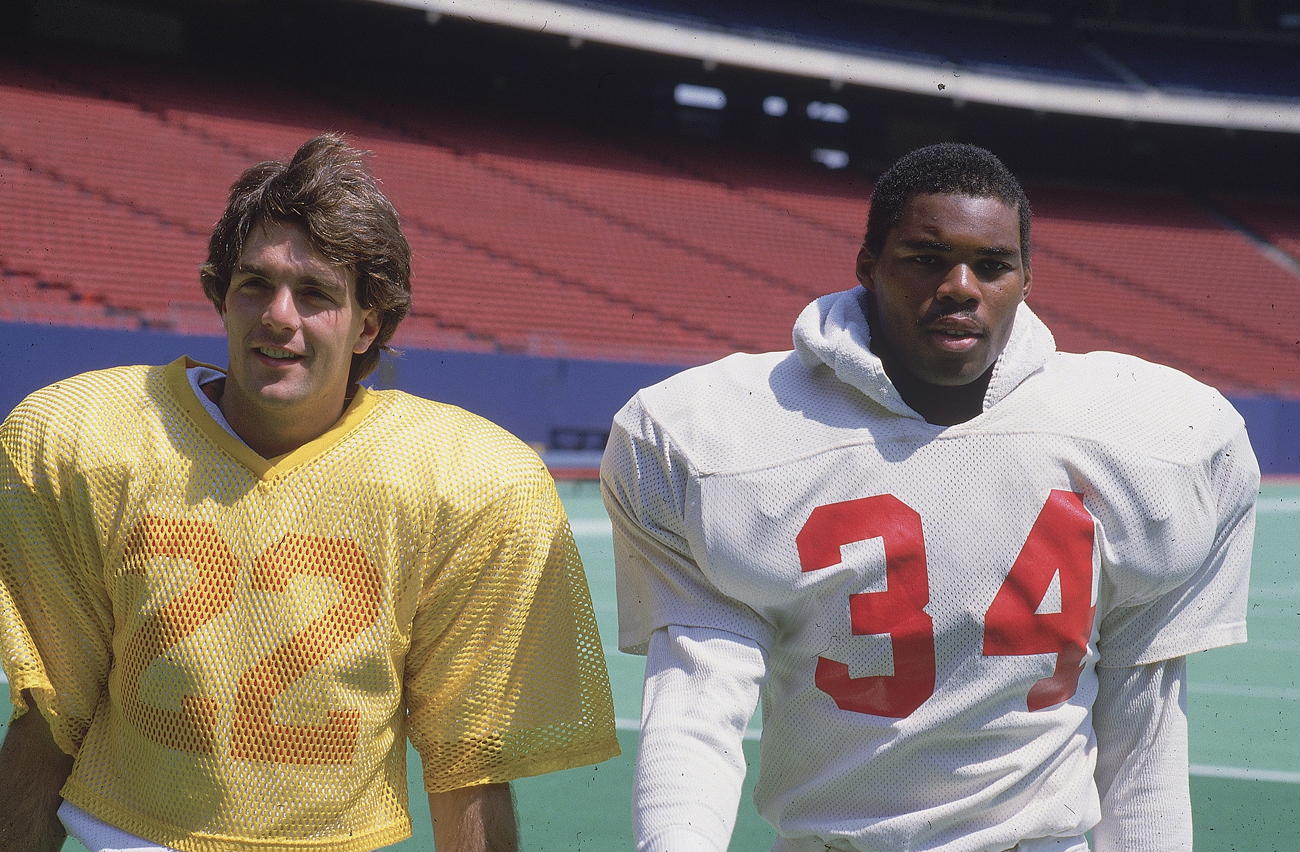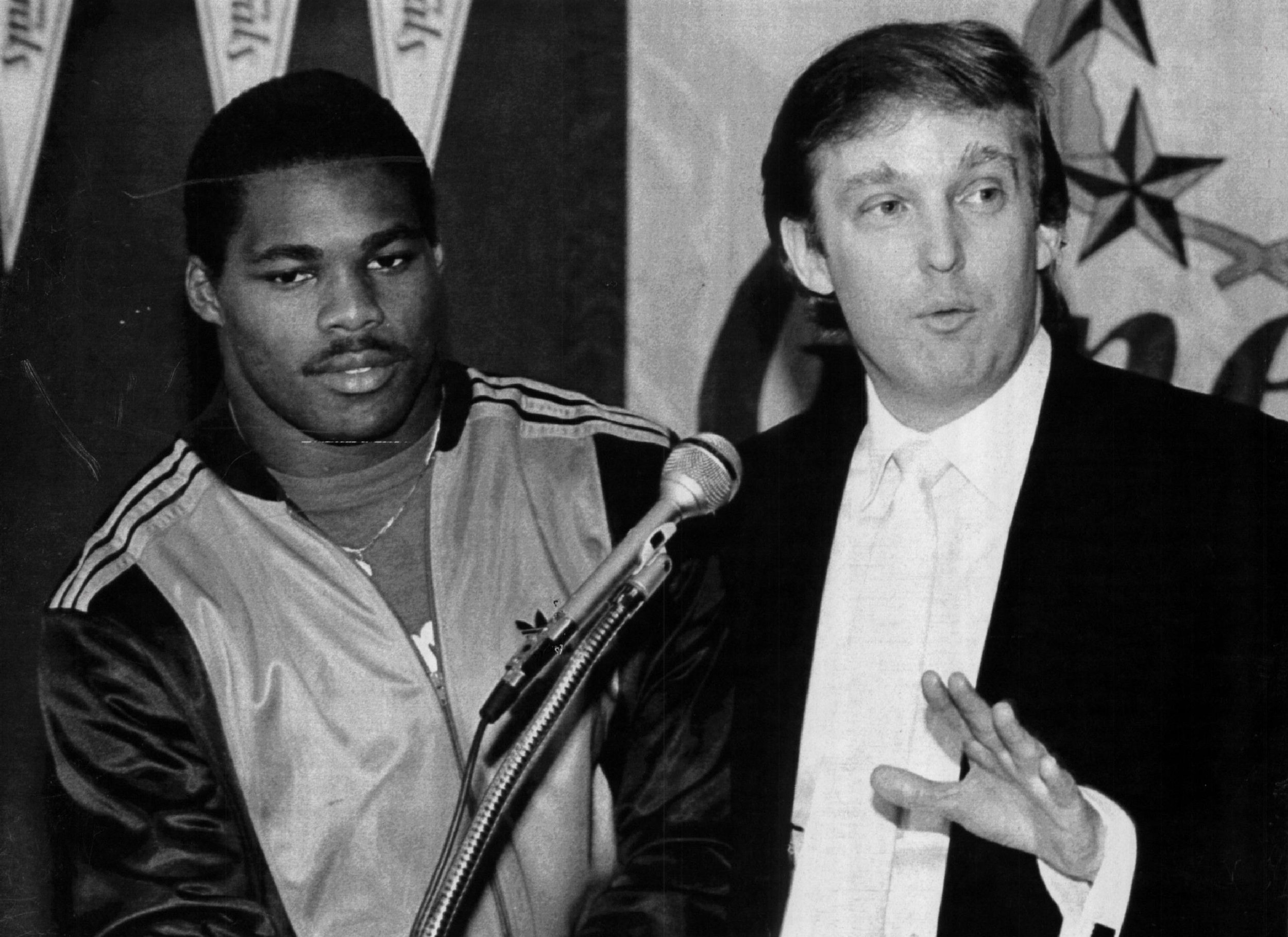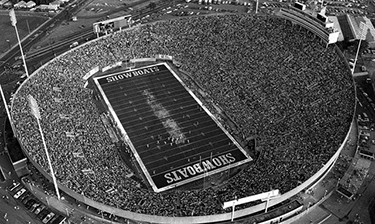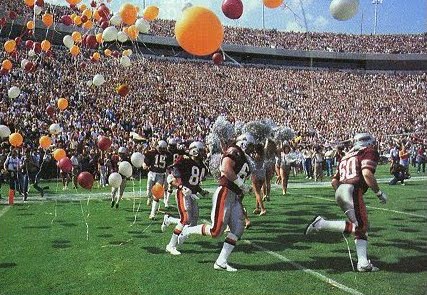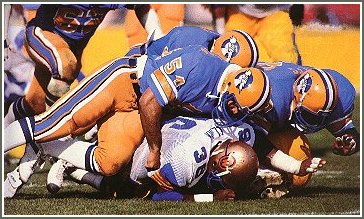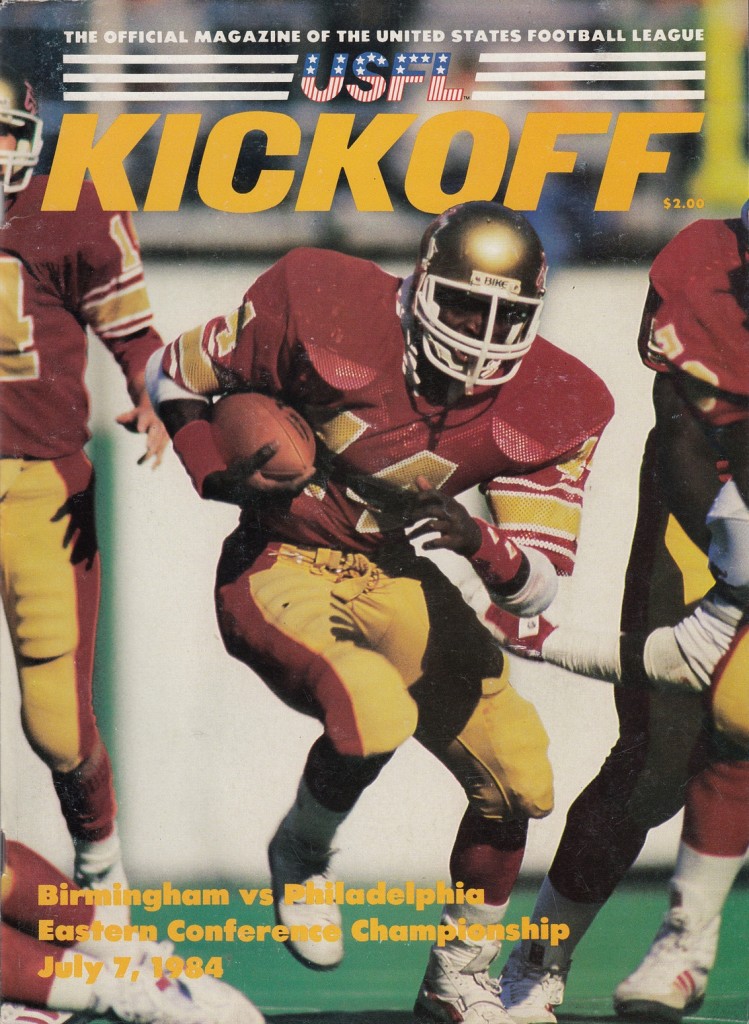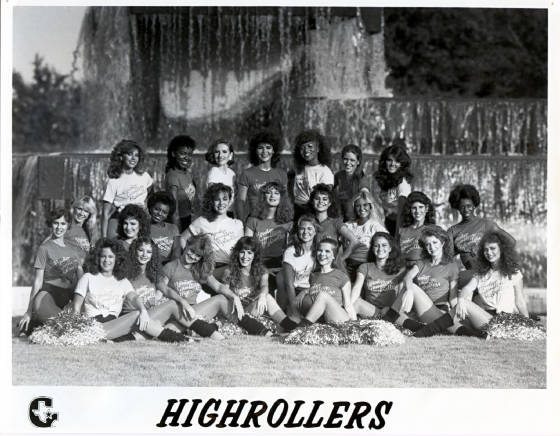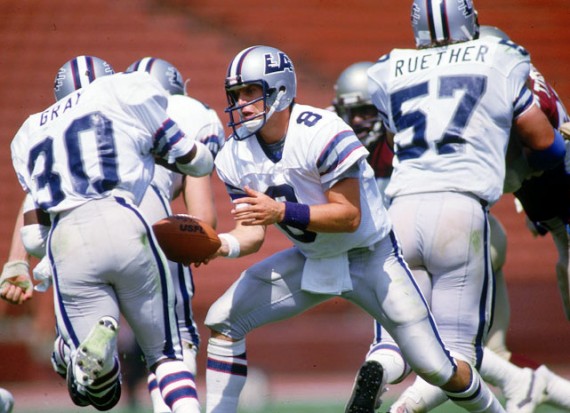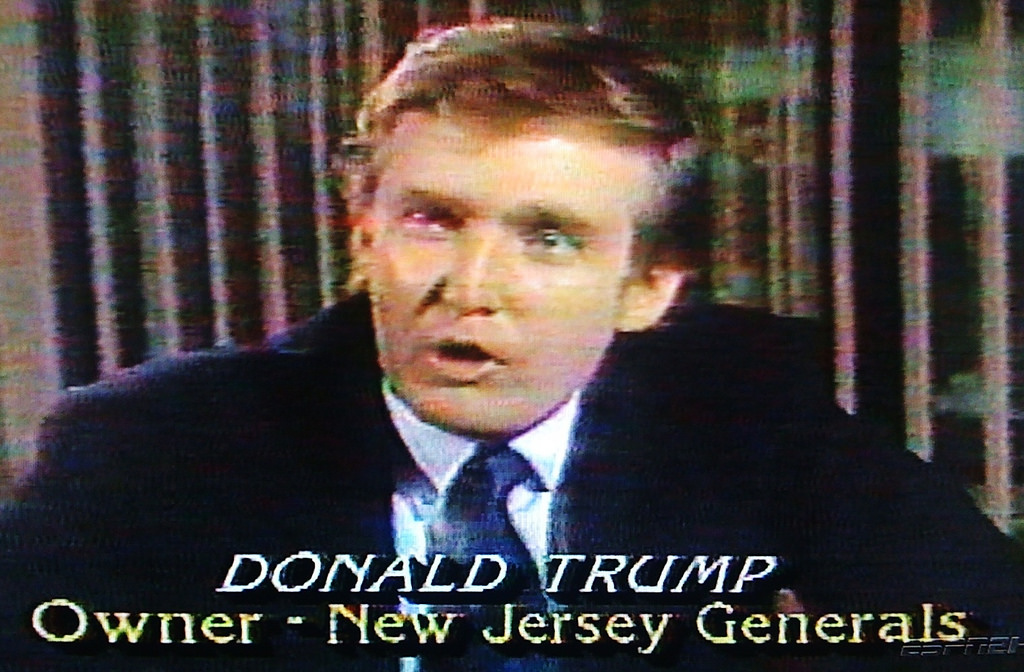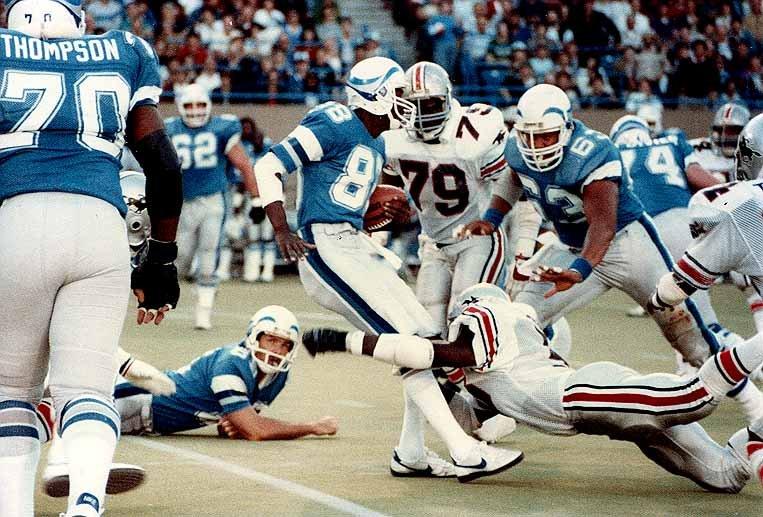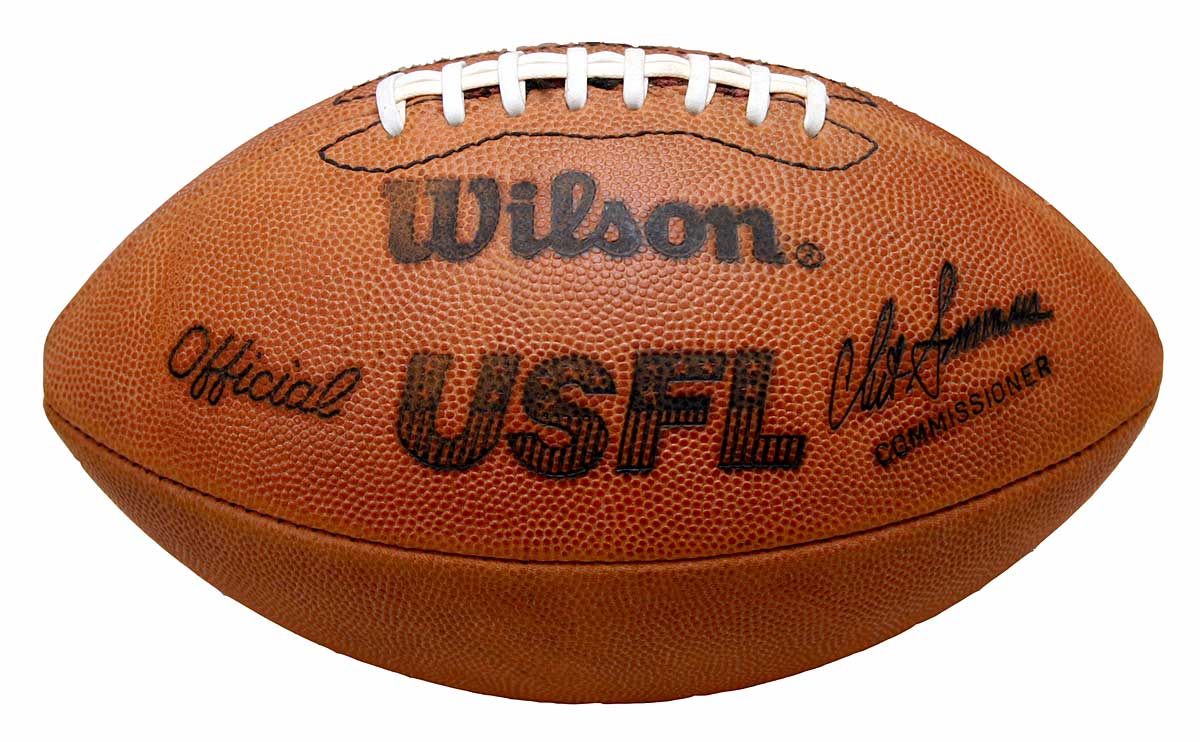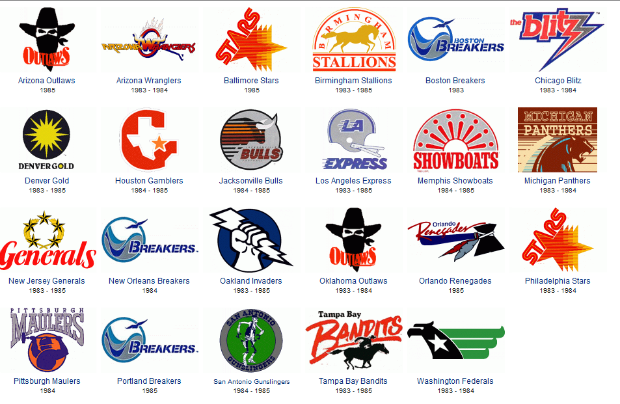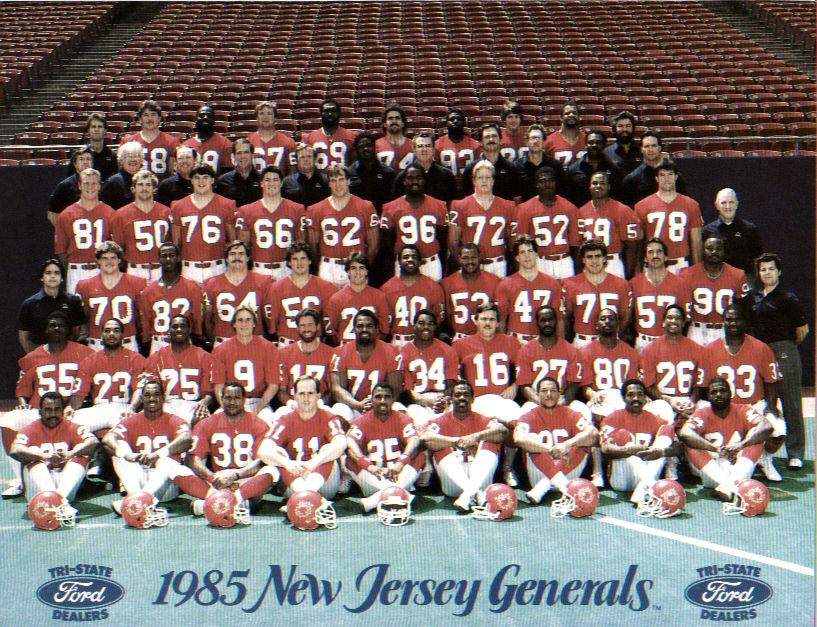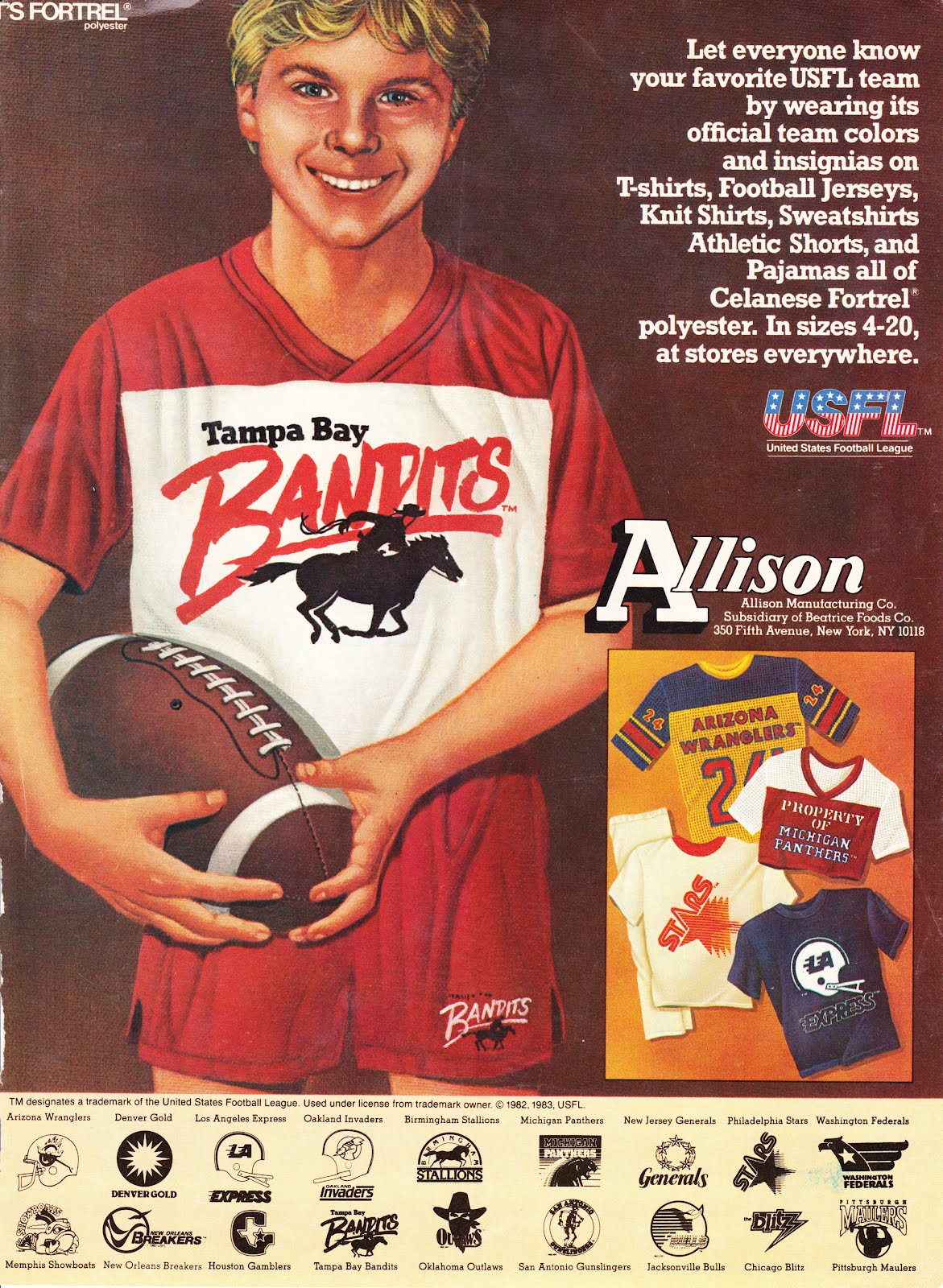For the first time since Episode #11, we return to the brief, but unforgettable streak of pro football lightning known as the United States Football League, with the author of its definitive history, Paul Reeths (The United States Football League, 1982-1986).
The brainchild of New Orleans plywood manufacturer/car dealer/World Championship Tennis co-founder/Superdome director/art-and-antiques dealer David Dixon, the USFL splashily announced its intention to bring big-league, springtime professional football to 12 major markets, at New York’s famed “21” Club on May 11, 1982. In short order, the league added its first commissioner (sports cable TV executive Chet Simmons), a landmark marquee player signing (Heisman Trophy winner Herschel Walker), and, most valuably, national television contracts with broadcaster ABC Sports and upstart cable network ESPN.
In this illuminating episode, Reeths recounts some of the most memorable (and unbelievable) events from the USFL’s subsequent three-season run – and ultimately Pyrrhic antitrust legal victory over the National Football League – including the:
Origins of the “Dixon Plan” and its foundational belief in the insatiable fan appetite for pro football beyond the confines of the NFL’s fall schedule;
Surprisingly common bond among the league’s deep-pocketed owner-founders, the alarmingly rapid rate with which many bailed after the inaugural season, and the large line of expansion owners ready to replace them;
Unwittingly fortuitous 1982 NFL player strike that gave oxygen to the USFL’s challenger narrative;
Swift and destabilizing impact of Donald Trump’s arrival to USFL ownership in the summer of 1983 – and the movement towards direct fall competition with the NFL; AND
“Successful” restraint-of-trade federal court verdicts that provided way too little, and far too late to save the league from collapse.
We love our supporters Podfly, Audible and SportsHistoryCollectibles.com – and you should too!

